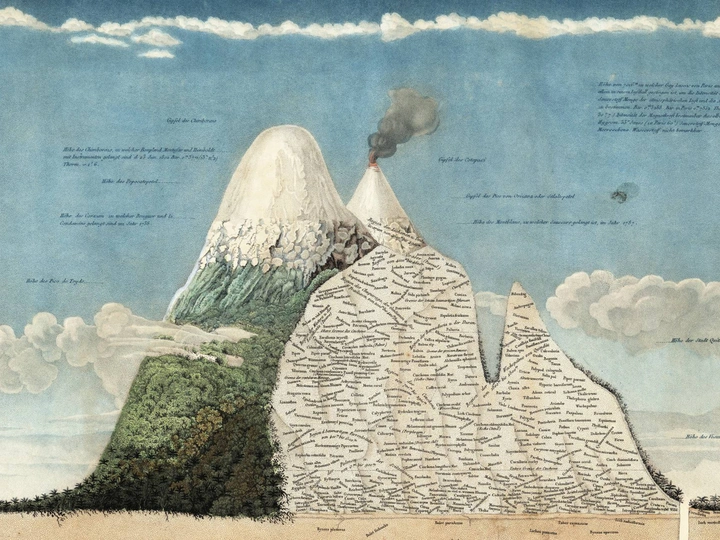TRAVELOGUE - The ecosystems of the «in-between»

Astrid DIEHL
Léo DIEHL-CARBONI
Lila TADALA
Lawan-Kila TOE
Cada Estudio is a design studio based in Mexico City, dedicated to crafting meaningful environments that enhance social interaction and elevate the everyday. Working across architecture, landscape, design, and craft, the studio embraces all scales—from small gestures to large-scale earthworks. Each project emerges from the unique spirit of its site, aiming to create choreographed, memorable, and emotionally engaging experiences. Structured as a flexible collaborative platform, Cada Estudio brings together artists, architects, designers, and makers to shape highly tailored spaces where materials, processes, and narratives are central to the architectural gesture.
Collectif (in)visible is a research laboratory in architecture born out of shared trajectories at the Versailles School of Architecture, and operating across West Africa, France, and Latin America. The collective investigates the hidden narratives of soil and subsoil through an approach grounded in the additive and subtractive forces of architecture. Their work is critical, context-sensitive, and interdisciplinary, weaving together diverse temporalities, scales, and media. The collective's members—Lawan-Kila Toe, Léo Diehl-Carboni, and Gaspard Basnier—develop complementary practices in bioclimatic design, local heritage restoration, and low-carbon urban transformation. The group has received international recognition, including awards from the Lisbon Architecture Triennale, the Braillard Foundation, and the City of Paris.
Together, our studios explore new spatial narratives, rooted in context, use, and local resources, with a shared commitment to rethinking inhabitation and addressing contemporary territorial transitions.
TRAVELOGUE
The project considers the theme “to migrate” as the genesis of a field of possibilities in the face of climate disruption. This ongoing phenomenon leads to cultural and political positions that demand a renewal of environmental architectural imagination.
Born from a dialogue between two studios — Collectif (in)visible in Paris and Cada Estudio in Mexico City — our proposal is entitled “Travelogue.” At the crossroads of Humboldt’s scientific expeditions, father of biogeography, and the Odyssey of the fabulist Italo Calvino, it takes the form of a journey from Paris to Mexico City to investigate and question physical and imaginary conditions through bioclimates, borders, and scales. Through the migration of our bodies, a physical transect of transcontinental landscape appears; we will dissect 8 physical points (8 scenarios) to explore tensions and possible climatic links and solutions “between” the two cities.
It is a travel journal that is at once technical, scientific, and fabulist. A way to re-question methods of representation.
A JOURNEY THROUGH THE ECOSYSTEMS OF
THE “IN-BETWEEN” AS METHOD
Starting from the idea that the environments of our two studios, in Paris and Mexico City, could share similar climatic characteristics in an uncertain future. Faced with the rise of ideological borders, what would happen if, instead of focusing on two fixed points on the map, we explored the intermediate spaces, these transitional zones where tensions between different conditions could offer new solutions?
Inspired by Humboldt’s exploratory journeys, who understood that nature functioned as a vast network of interconnections where each element influences the others, and the concept of ecotone. We decided to use travel as an exploratory modus for inspecting ongoing climate changes.